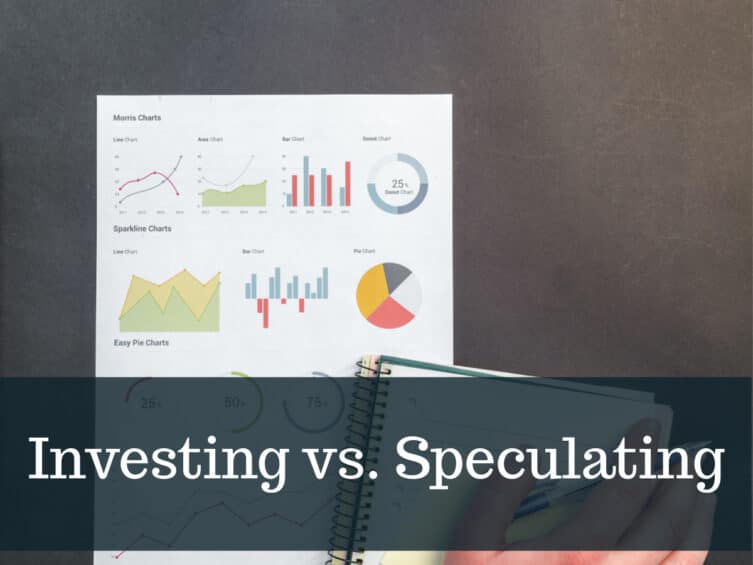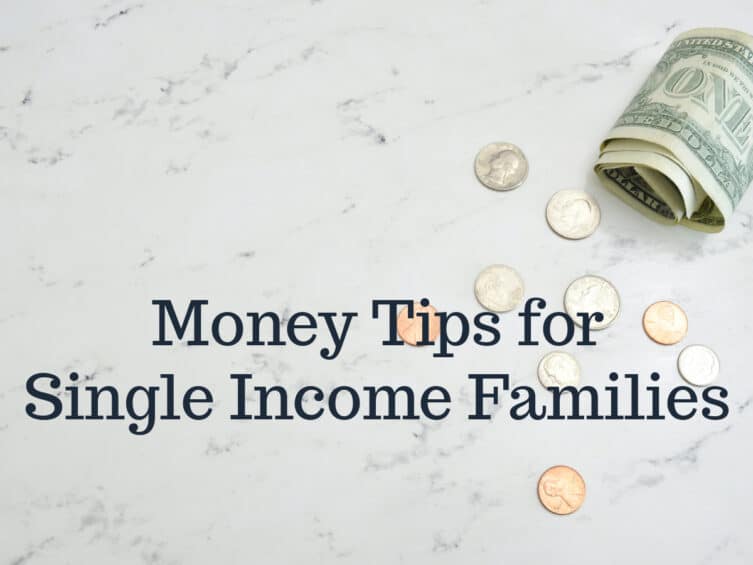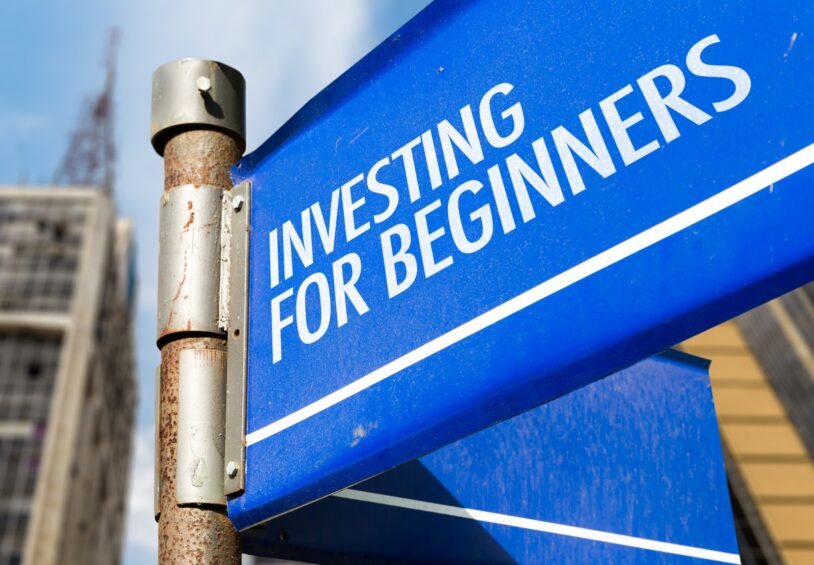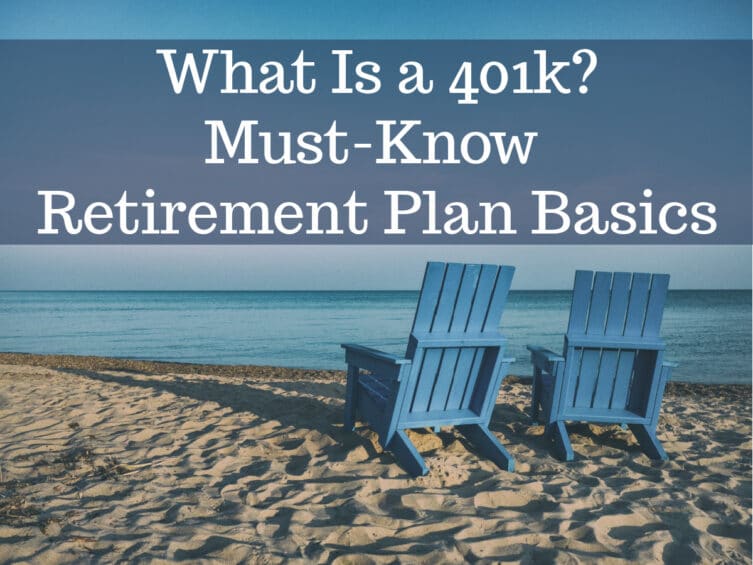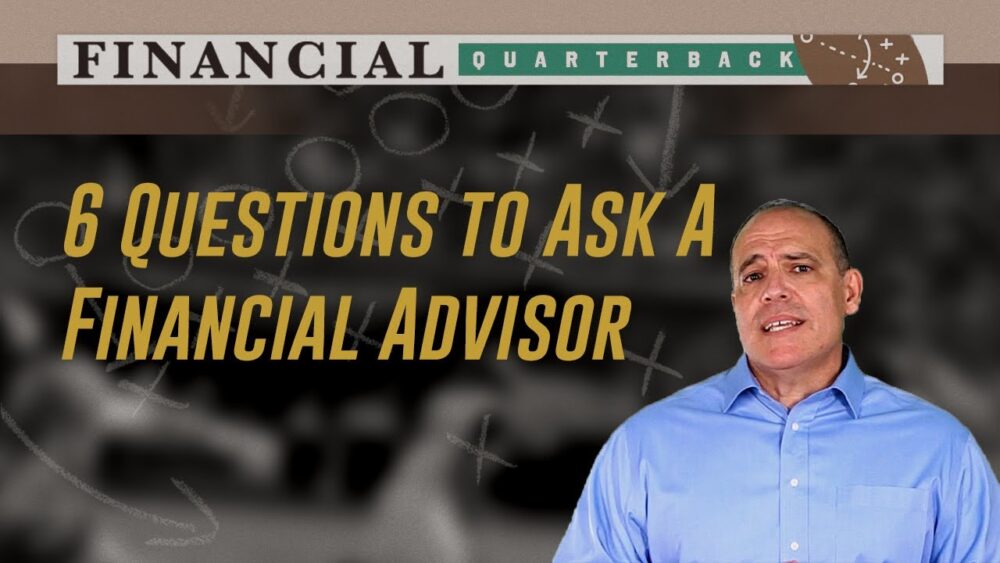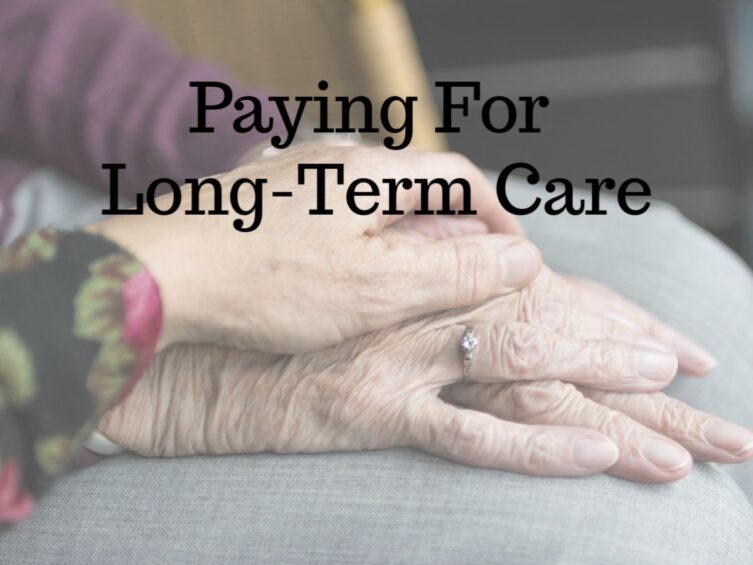A brand new year is starting and if you learned anything from 2020, it’s that you need to be prepared for those “what-if” scenarios.
Having adequate emergency reserves is important and consider making it part of your 2021 saving goals. You should always strive to have at the very least six months’ worth of your monthly expenses set aside in your emergency reserves.
There are several options that you can choose from if you want to start saving money for emergencies. One of the best and easiest options is using a money market account.
A money market account is a type of interest-earning savings account, and is intended to offer investors high liquidity with a very low level of risk. They are also insured by the FDIC.
Are you trying to open a money market account? Let’s go through how and why to start using a money market account successfully. Read More


